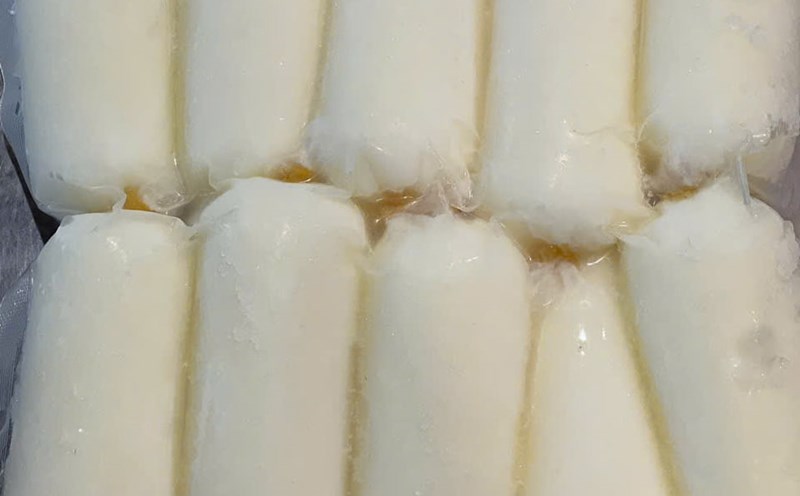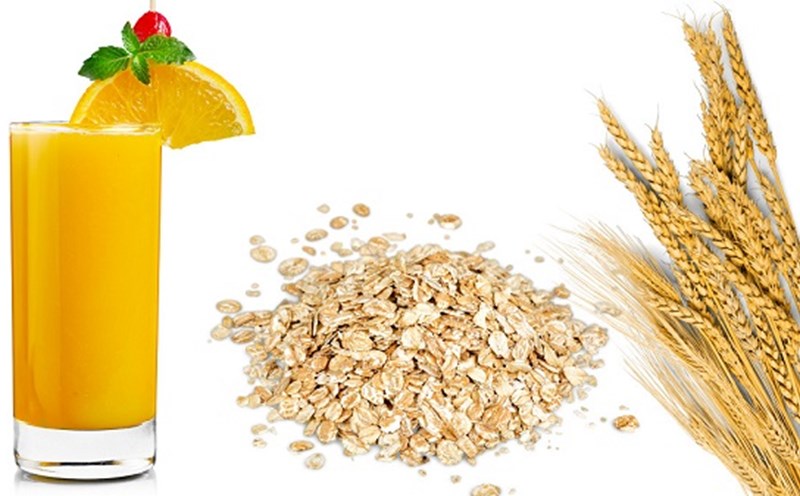Whole grain oats
Whole oats (without added sugar or flavorings) are a great breakfast food. They have a low glycemic index, helping to maintain stable blood sugar and provide long-lasting energy. Not only that, oats are rich in beta-glucan, a type of soluble fiber that can improve cardiovascular function and support cholesterol control.
Instead of using canned grains that contain a lot of sugar, start your day with a bowl of cooked oatmeal with unsweetened nut milk and a few slices of low-sugar fruits like apples or blueberries. It is a smart choice for the heart and blood sugar," recommends Dr Sarah Schenker, a nutritionist at King's College London.
Avocado
Avocado is not only rich in monounsaturated fats, which are good for the heart, but also contains no natural sugars. This fruit helps slow down the digestion of carbohydrates, thereby limiting the rapid increase in blood sugar after meals.
Avocado can be added to salads, eaten with whole-wheat noodles or ground into sugar-free smoothies. In addition, thanks to its natural fatty flavor, avocado is also an ingredient to replace ice cream or animal butter in many healthy desserts.
Unpasteurized nuts
Almonds, cashews, walnuts or chia seeds... are all "superfoods" that help reduce blood sugar. They are not only rich in fiber and protein, but also help slow down the absorption of sugar in the intestines, thereby controlling blood glucose levels well.
However, it is important to note that you should choose dried roasted nuts that are not seasoned with salt or sugar. Eating as a mid-session snack or sprinkling it on unsweetened yogurt are all easy ways to include these nuts in your daily diet.
Green beans, black beans
Beans contain very little sugar, but are also rich in plant protein and soluble fiber. They help control blood sugar fluctuations after meals, and also create a feeling of fullness for a long time, making them very suitable for people who are losing weight or controlling diabetes.
A study by the University of Toronto shows that adding 3/4 cups of beans per day can significantly reduce blood sugar levels in patients with type 2 diabetes.
cruciferous vegetables
Broccoli, spinach, and kale are "good friends" for blood sugar. They are almost sugar-free, but rich in antioxidants and fiber. In addition, some compounds in broccoli have been shown to help reduce insulin resistance, the core cause of type 2 diabetes.
You can steam, stir-fry quickly or make salads from cruciferous vegetables, even blend smoothies with low-sugar fruits to create a light but nutritious meal.











